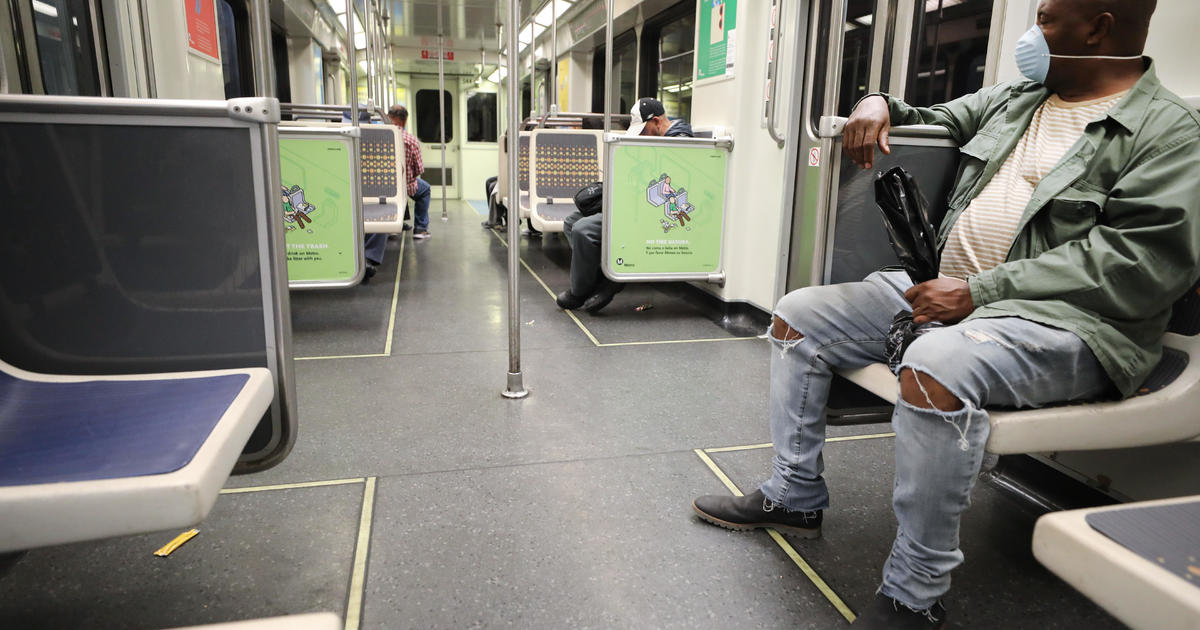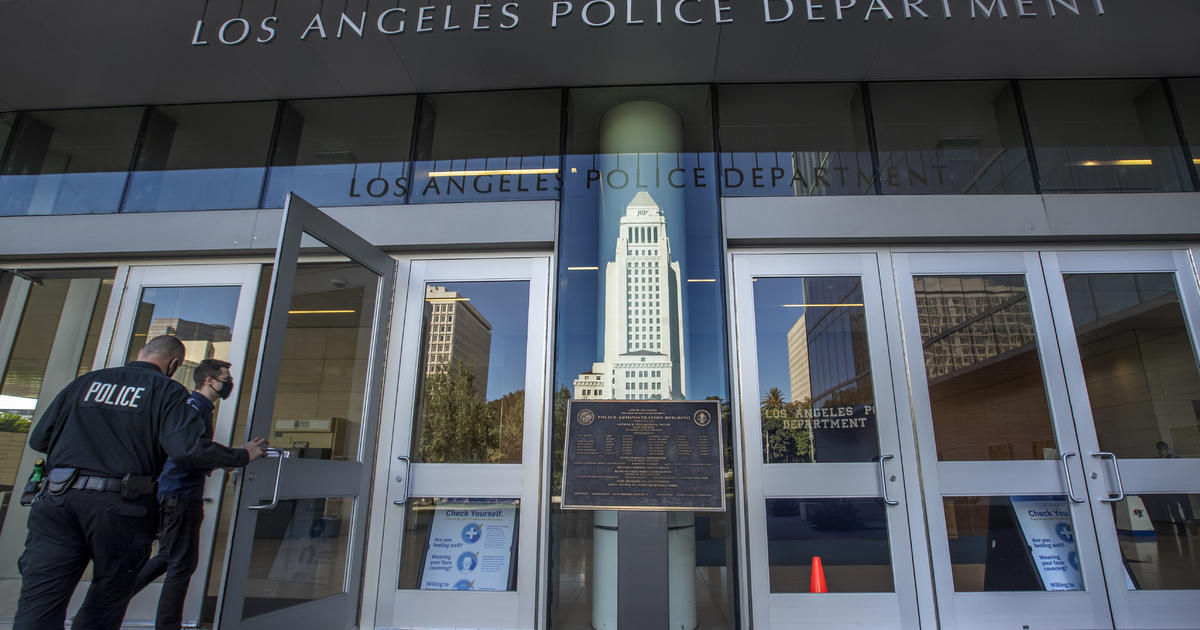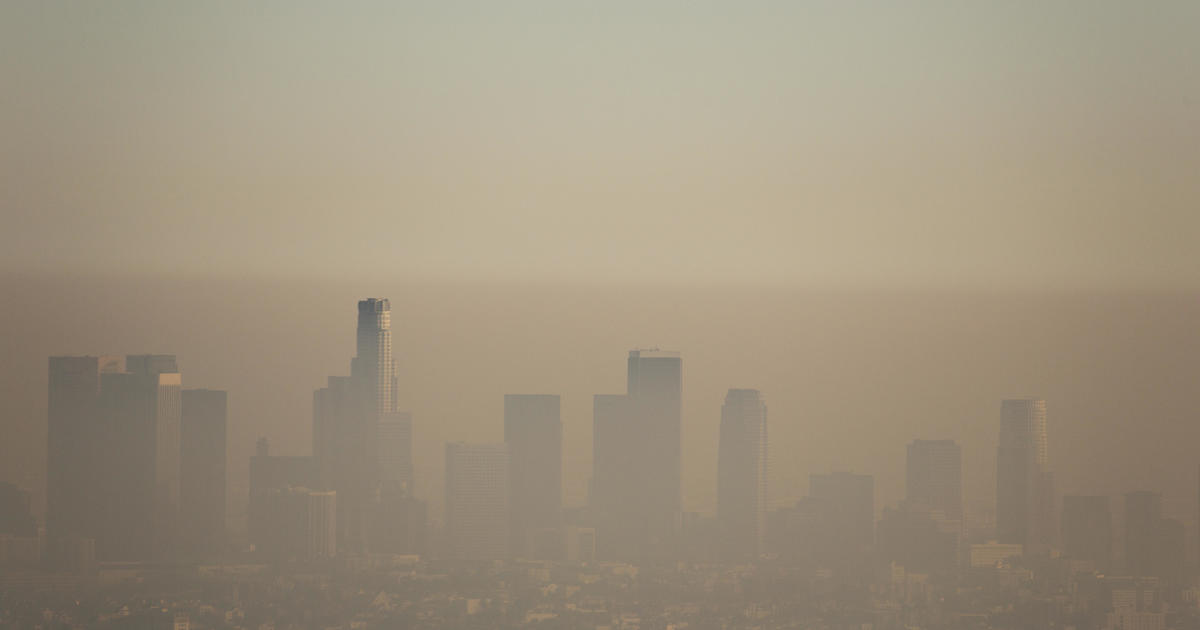LA City Councilwoan Eunisses Hernandez seeks assessment of proposed Dodger Stadium gondola
City Councilwoman Eunisses Hernandez has introduced a motion calling on the city to suspend further actions relating to the proposed Los Angeles Aerial Rapid Transit -- or gondola -- that would provide access to Dodger Stadium, and Thursday is seeking recommendations for ways to alleviate traffic to and from other stadiums and venues in the city.
Hernandez, whose First District includes neighborhoods of downtown Los Angeles, including Dodger Stadium, wants to pause the proposal until the Department of Transportation completes an assessment of Dodger Stadium traffic and accessibility. The proposed gondola would require using public land and airspace, flying over Los Angeles State Historic Park.
If approved by the full City Council, Hernandez's motion would instruct city departments to study policies and procedures at other stadiums and high-capacity venues throughout the region, including the Rose Bowl, Hollywood Bowl, SoFi Stadium, BMO Stadium and the Coliseum, to provide recommendations on alleviating traffic, community queuing and local parking impacts.
Metro, which is overseeing some aspects of the project, recently released the final environmental impact report for the proposed project. The findings will need to be considered and approved by the Metro Board of Directors before the project can take its next steps.
Additionally, the project may need additional review from the city of Los Angeles, as well as other county and state agencies.
The proposal has garnered significant push back from some community members in neighborhoods surrounding the stadium, who contend it overlooks critical concerns about potential environmental and economic impacts.
On Jan. 14, Chinatown residents organized and voiced their concerns with the project during a Metro committee meeting. Many of them shared their concerns about how it would lead to further gentrification of their community.
Frank McCourt, the former Dodgers owner, proposed the $300 million private project that looks to establish a 1.2-mile aerial gondola that would connect Union Station and Dodger Stadium.
"Frank McCourt has a long history of being solutions oriented. He lived the Dodger traffic and understands the congestion and he believes that aerial transit is a proven technology that's efficient and provides clean transportation," LA ART spokeswoman Jennifer Rivera told the Los Angeles Times last year. "The route will not displace any residents and it runs mostly along public property and city streets."
Supporters of the gondola say the project would remove 3,000 cars from neighborhood streets and the Harbor (110) Freeway before and after Dodger games, leading to a net reduction in greenhouse gas emissions.
It's been unclear how the project will be funded, or how much money Metro will provide as part of the partnership.
In her motion, Hernandez pointed out that the most recent analysis of potential traffic mitigation measures at Dodger Stadium was completed more than 30 years ago, while the current proposal is being considered in a "vacuum rather than weighed against a menu of solutions and how they will solve issues in the present day landscape."
She also expressed concern that there has been no study from local transit agencies demonstrating that the gondola would offer a "robust" solution to the impact of stadium traffic on surrounding communities compared with other zero emission transit solutions, such as enhanced and targeted park- and-ride regional bus systems, improved pedestrian infrastructure, moving escalators and walkways, or other transit technologies.
"The communities that surround Dodger Stadium already bear the burden of the traffic congestion and increased pollution that stems from an increasingly year-round schedule of events at the stadium," Hernandez said in a statement. "Now, Metro is asking them to absorb the impact of constructing a gondola that would fly just feet over their homes and fundamentally change the landscape of their neighborhoods without ever demonstrating that this is the most effective and efficient way to mitigate stadium traffic."
Philip Murphy, president of Friends of Elysian Park, noted that the project would be nestled in Elysian Park, which is a "Dark Park," meaning it closes down at night to give the wildlife that live there a rest, as well as the neighbors who live nearby.
"If the gondola is operating from 6 a.m. until 12 midnight, which is indicated in the Final EIR, we might as well live next to City Walk for all the peace and quiet we'll get," Murphy added.
Two years ago, a report published by the UCLA Mobility Lab found the gondola would "reduce traffic on major roads around Dodger Stadium on the night of a sold-out game, but the impact would likely be very limited," removing around 608 cars.
Jon Christensen, adjunct assistant professor in the UCLA Institute of the Environment and Sustainability, issued a statement in support of Hernandez's motion.
"The gondola and other alternatives should be studied fairly and objectively to determine what impact they are likely to have on traffic and greenhouse gas emissions as well as their contributions to the city's overall goals for electrifying our entire transportation system," Christensen said.



